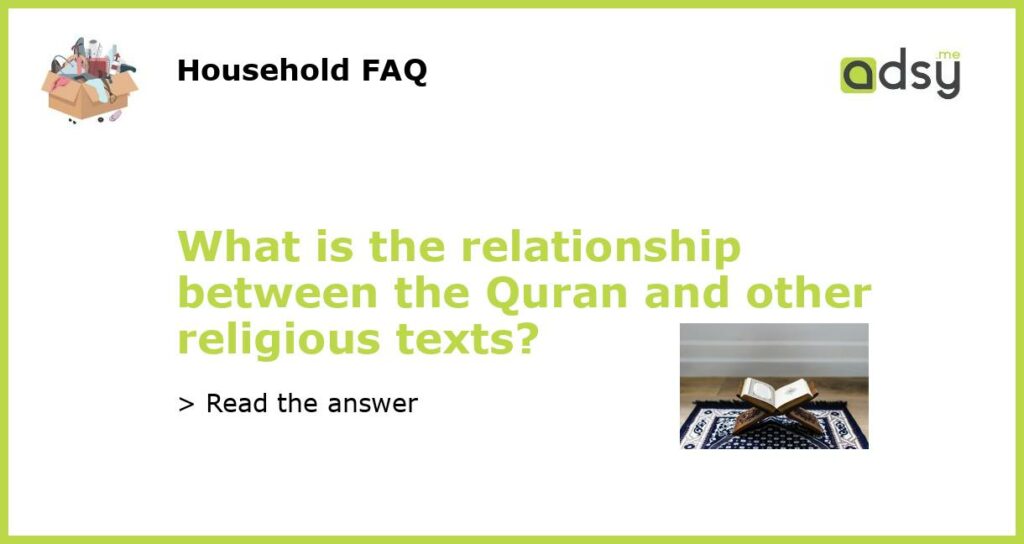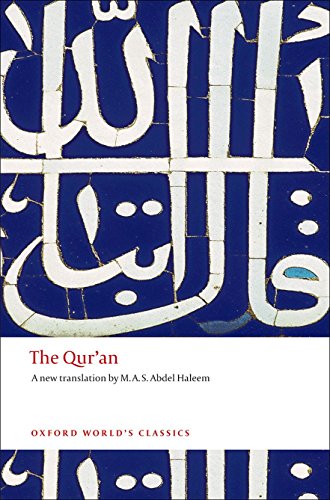The Quran as the Final Revelation
The Quran is the holy book of Islam and is considered by Muslims to be the final revelation from God. Muslims believe that it was revealed to the Prophet Muhammad over a period of 23 years, starting in 610 CE. They consider the Quran to be the verbatim word of God and follow its teachings for guidance in all aspects of life.
The Quran and the Torah
The Quran recognizes the Torah, which is the holy book of Judaism, as a previous revelation from God. Muslims believe that the Torah was given to the Prophet Moses and contains guidance for the Jewish people. While Muslims revere the Torah as a sacred text, they believe that over time it may have been altered or corrupted by human beings. According to Islamic belief, the Quran was sent to correct and clarify any distortions or misinterpretations that may have occurred in previous scriptures.
The Quran and the Bible
In addition to the Torah, the Quran also acknowledges the Bible, which is the holy book of Christianity, as a previous revelation from God. Muslims believe that Jesus was a prophet and messenger of God, and that the Injil (Gospel) was revealed to him. However, they believe that the current version of the Bible may not accurately represent the original teachings of Jesus due to human alterations and interpretations over time.
Differences in Content and Interpretation
While the Quran recognizes the Torah and the Bible as previous revelations, there are significant differences in content and interpretation between these texts. Muslims believe that the Quran supersedes all previous scriptures and that it presents the final and most complete guidance from God. They believe that any contradictions or inconsistencies between the Quran and other religious texts are the result of human error or distortion.
Importance of Interfaith Dialogue
Understanding the relationship between the Quran and other religious texts is important for promoting interfaith dialogue and fostering mutual respect and understanding. Recognizing the similarities and differences between these texts can help facilitate meaningful discussions and bridge the gap between different religious communities. It is important to approach these discussions with an open mind, respectful language, and a willingness to learn and understand different perspectives.






